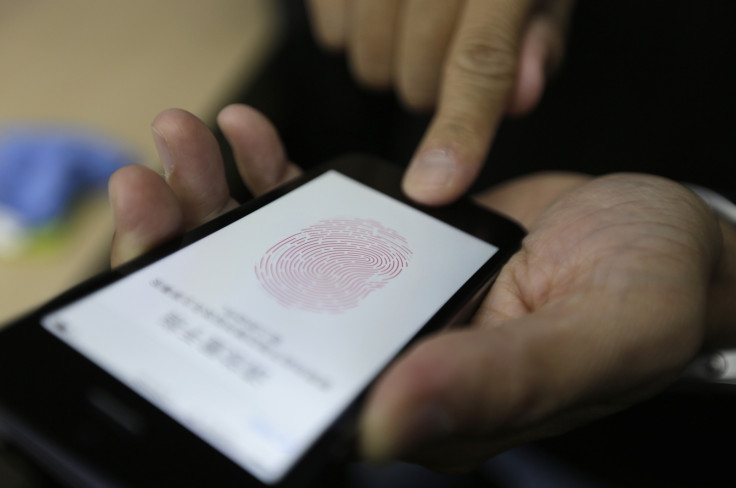The iPhone 8 will be Apple's most expensive yet – and now we know why
Touch ID embedded into the display is set to drive prices up, reports claim.

Reports from multiple analysts, including Goldman Sachs and the ever-reliable Ming-Chi Kuo, claim the upcoming iPhone 8 will cost at least $1,000 (£770), making it the most expensive Apple handset ever – and now we know why.
After months of will-they-won't-they over whether Apple will embed the Touch ID fingerprint sensor into the display, or opt for the simpler route of fitting it to the back, like the Samsung Galaxy S8, we are now hearing it will indeed be on the screen.
This will give the iPhone 8 a unique advantage over its rivals, ensuring the fingerprint sensor remains in a convenient and familiar place, while allowing Apple to fit the iPhone 8 with a large screen covering the entire front – and the space previously reserved for the home button and Touch ID.
But after months of development and claimed setbacks in making the system work, it is now understood that one of Apple's component suppliers, TPK Holdings, is going to charge significantly more for the Touch ID-equipped screens than for the current iPhone display.
According to a report by Chinese newspaper Economic Daily News, cited by Digitimes, TPK Holdings is charging Apple between $18 and $22 per display, up massively from the $7-9 it currently charges. The extra costs are claimed to come from needing to bond glass to both the front and back of the fragile display, not just the front.
Crucially, the report claims Apple has accepted the higher quote, meaning the iPhone 8 will one-up the Galaxy S8 by featuring an edge-to-edge display and retaining the front-mounting print reader – if the reports out of China are accurate, of course. Due to Apple not commenting on unreleased products, we will have to wait until the iPhone's expected launch in September to know for sure.
The iPhone 7 currently costs between £599 and £799, while the larger 7 Plus spans from £719 to £919.
© Copyright IBTimes 2025. All rights reserved.






















